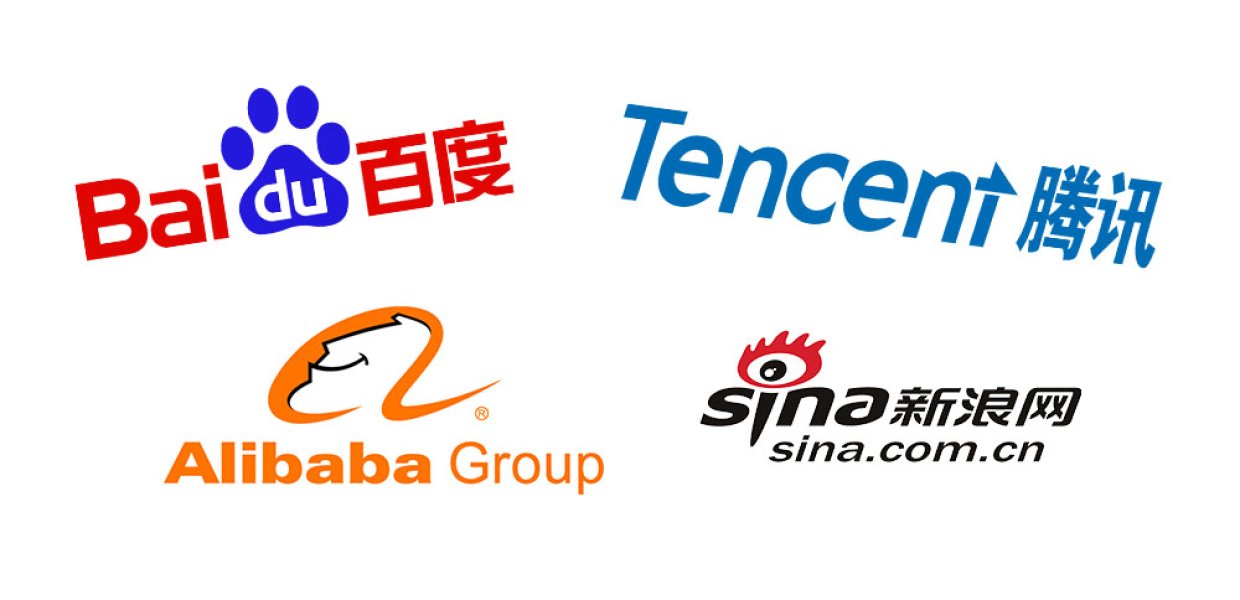On Saturday, February 12th 2017, the Microsoft founder Bill Gates joined WeChat and made his first post—a brief 30-second video in which he welcomed Chinese Internet users to his account. The post has received over 80,000 views and 6000 likes so far.
Dating back to the history of Chinese social media, the progresses and developments are tremendous—online chatting forum was not introduced in China until 1994; and now, China becomes the largest social media network with 1.2 billion smartphone users. The landscape of Chinese social media nowadays moves fast—new platforms are continuously popping up and innovations in video, engagement, and payment are evolving faster than anything in the West. The BATS (Baidu, Alibaba, Tencent, and Sina) are the cores of Chinese social and digital landscape: together, they own eight different social media and e-commerce platforms, each with hundreds of millions of active users. Last year, Chinese microblogging website Weibo (from Sina), for the first time, has overtaken Twitter with its market capitalization hitting $11.3 billion, surpassing Twitter’s $11.1 billion market cap. Meanwhile, payment and banking are integrating with social media, and the boundary between social media and e-commerce becoming blurred. WeChat (from Tencent) is the primary platform not only for e-commerce transactions, but also for P2P transfer, bill payment, and even mutual fund investment.
Today, the new buzz in China is live video streaming--with the slogan “Anybody can be a host,” there are hundreds of platforms and over 20 million daily active users getting in on the trend. Live steaming is more about host-audience interactions—viewers can send instant messages and virtual gifts to hosts. For example, during a live stream, sending a clap costs 0.1 CNY and a cruise ship costs 1,000 CNY. Most of the live streamers are young female who singing and dancing in front of the camera. The emerging trend of live streaming further stimulates the growth of wang hong—a group of influential cyber celebrities who target a large segment of Internet users and have also garnered fortune from their online web channels (majorly from live streaming). Wang hong tap into their social media following to promote and sell their own products (mainly through TaoBao), leading to e-commerce sales that could not have been achieved without their social media promotion. The key of success is that wang hong tend to share their personal life and experiences on social media platforms, which make them more authentic. Several studies have estimated that China’s Internet celebrity economy would be worth over 58 billion CNY in 2016. Additionally, Credit Suisse forecasts that live streaming in China will be a market worth over five million dollars in 2017.
Although the growth potentials of social media market are huge, there are limitations regarding the policy and regulation that restrain the market from expanding. According to Freedom House’s report on the Freedom on the Net in 2015, China placed last in an index measuring Internet freedom around the world. The regulation of the Internet in China is carried out through measures called the Great Firewall, which censors and criminalizes sensitive materials on the Internet. Then, Chinese Internet users have to use VPNs to access websites and services like Facebook, YouTube, and Twitter, etc. that are blocked by authorities. Further, since January 2017, authorities in China have tightened their regulations on Internet use, especially the use of VPNs and other “illegal” Internet practices. State media agency Xinhua reported on January that 5,500 “illegal” applications have been taken down by regulators for circulating pornographic and violent content. Ironically, China’s President Xi Jingping gave his maiden speech at the World Economic Forum in Davos that the “opening up” of China will benefit the economic globalization.









